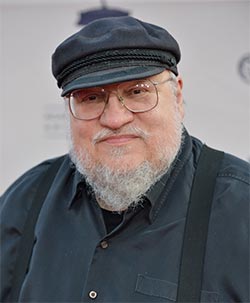
Nominations for the 2018 Hugo Awards have now opened, I am informed. If you are a member of last year’s worldcon in Helsinki, this year’s worldcon in San Jose, or next year’s worldcon in Dublin, you are eligible to nominate. You should be receiving an email with a link to the ballot. (I have not actually received mine yet, but I’m told that others have, so I expect mine Real Soon Now).
I have a few things eligible for nomination myself this year… more for editing than writing, however.
GAME OF THRONES is eligible in the Dramatic Presentation category, of course. The whole of Season 7 can be nominated in Dramatic Presentation, Long Form, and any or all of the individual episodes can be nominated in Short Form. GOT has won in both categories in the past. Last year in Helsinki, three episodes actually had enough votes to make the ballot, but the new rule limits any series to no more than two places on the ballot, so we had to withdraw one. But you can nominate as many episodes as you like.
Wild Cards had a big year last year. We celebrated the 30th Anniversary of the series, and our twenty-fourth mosaic novel, MISSISSIPPI ROLL, was published in the fall. A couple of the older books were reissued, and we had two original Wild Cards story on Tor.com — “When the Devil Drives” by Melinda M. Snodgrass, and “The Atonement Tango” by Stephen Leigh. The two Tor.com stories are both novelettes and are eligible in that category. MISSISSIPPI ROLL is a more complex case. Like most Wild Cards books, it is a mosaic novel, with individual stories by half a dozen writers woven together to make a whole that is, we hope, more than the sum of its parts. One could argue that our mosaics are anthologies, I suppose… but they feel more like collaborative novels to me. If the former view prevails, the individual components of MISSISSIPPI ROLL are eligible in the short fiction categories, Steve Leigh’s “In the Shadow of Tall Stacks” in novella, the other stories as novelettes. If the latter, the volume as a whole could be nominated in novel.
In either case, I’m eligible for nomination in the editing categories. Short Form, most likely, for the stories in Tor.com as well as the book. (If you consider MISSISSIPPI ROLL a novel, then it counts for me as a Long Form editor, but I don’t think one book is enough to make me eligible in that category). My Wild Cards work was the only editing I did in 2017. The big cross-genre anthologies I co-edited with Gardner Dozois all came out in previous years.
Wild Cards as a whole is definitely eligible for nomination as Best Series. That’s a new category that first appeared on the ballot last year, as an experiment, but now it has been made permanent.
The only writing I had published in 2017 was “The Sons of the Dragon,” which was published in THE BOOK OF SWORDS, Gardner Dozois’s massive anthology of original sword & sorcery stories. Like “The Rogue Prince” and “The Princess and the Queen” before it, “Sons” is more of my (fake) history of the Targaryen kings of Westeros. By length, it is a novella… but it’s not a traditional narrative. By design, it reads like history, not fiction; but since the history is entirely imaginative, it’s still fiction, even if dressed up as (fake) non-fiction.
It has been pointed out to me that the publication of “The Sons of the Dragon” makes the entirety of A SONG OF ICE AND FIRE eligible to be nominated as Best Series. I suppose that’s so. All I can say to that is : please don’t. If you like fake history and enjoyed “The Sons of the Dragon,” by all means nominate the story as a novella… but it’s really not part of A SONG OF ICE AND FIRE, and sneaking in the entire series by means of a technicality seems wrong to me.
If I may broaden the discussion a bit, while I think it is good that the Hugo Awards now have a category to recognize series books, I would quibble somewhat with how a “series” is defined. The rules were written very broadly, to include not only true series, like last year’s winner, the Vorkosigan series by Lois McMaster Bujold, but also any grouping of stories set against a common background, what we used to call “future histories,” as well as what I’d term “mega-novels,” those massive epics too long to be contained in a single volume. Three-quarters of the SF I wrote back in the 70s was set against a common background, but I never considered that I was writing a series when I visited the Thousand Worlds; it was a future history, made up of stories set hundreds of years apart, on planets separated by thousands of light years (though within the future history there was a series, the Haviland Tuf stories). On the other extreme, I don’t consider A SONG OF ICE AND FIRE a series either; it’s one single story, being published in (we hope) seven volumes. FWIW, Tolkien wasn’t writing a series when he wrote LORD OF THE RINGS either. He wrote a big novel and his publisher divided it into three parts, none of which stands on its own.
Anyway, that’s my own perspective on the matter. Obviously, the good folks who drafted the Best Series rules disagree. Ultimately I think the fans will decide the matter by what they choose to nominate. Worldcon committees have traditionally been reluctant to overrule the fans, even in cases where a nominated work would seem to be ineligible for one reason or other.
FWIW, Wild Cards is a series, plainly, so if you want to consider any of my work for Best Series, that’s the one I’d ask you to look at. Thirty-one years and twenty=four books is something to be proud of, and I am.
Regardless of whether or not you nominate any of my own work, I do urge all the worldcon members reading this to be sure to nominate. There are a lot of awards being given in SF, fantasy, and horror these days, but the Hugo was the first, and it’s still the one that means the most. It is, of course, important to vote on the final ballot too… but you can’t vote for works that have not been nominated, and it is crucial to have widespread participation in the nominating stage.
((Comments and debate allowed, but ONLY on these subjects. Stay on topic)).
Current Mood:  thoughtful
thoughtful

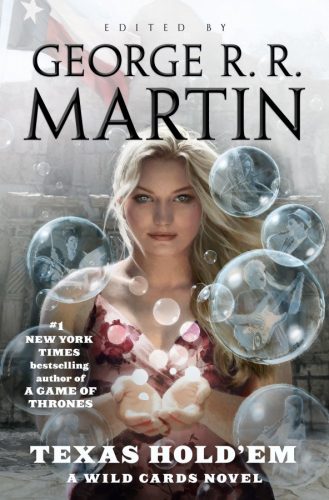
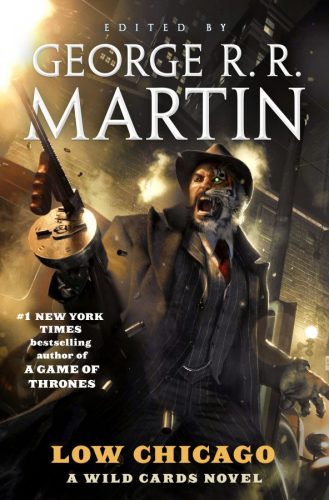
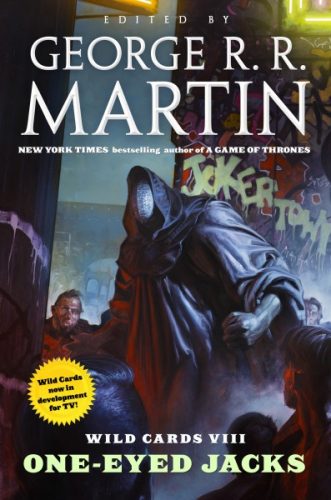
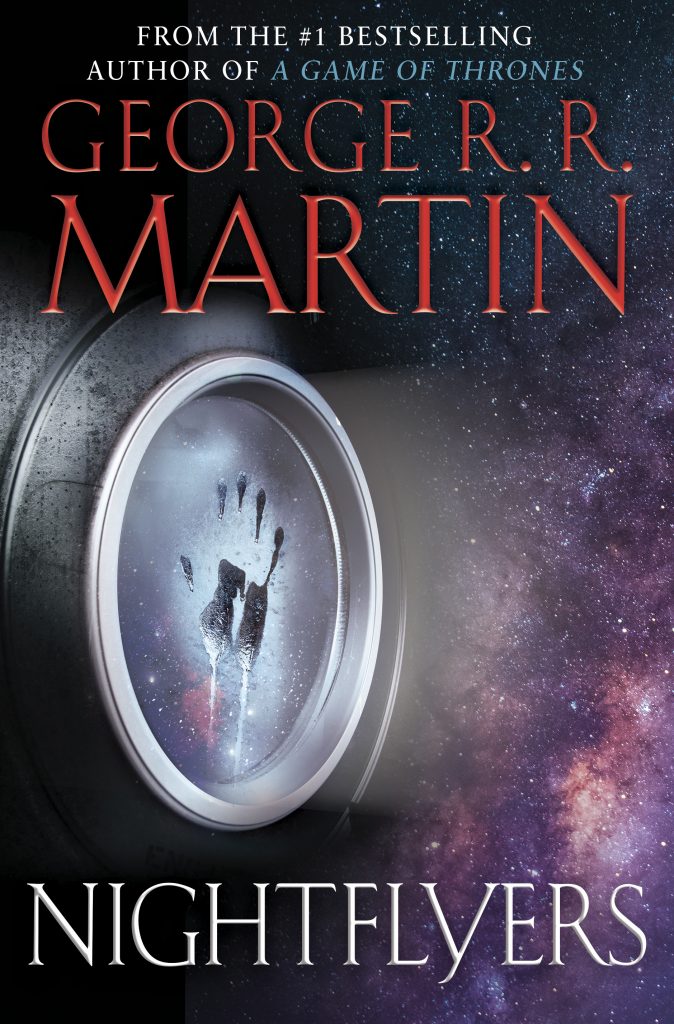
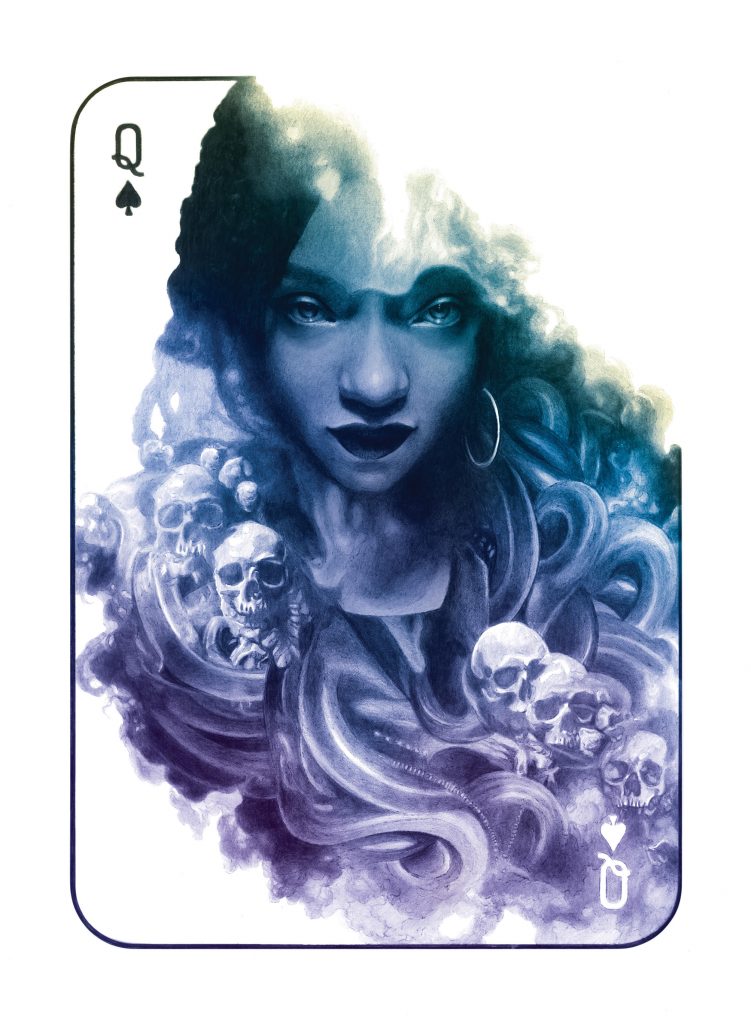
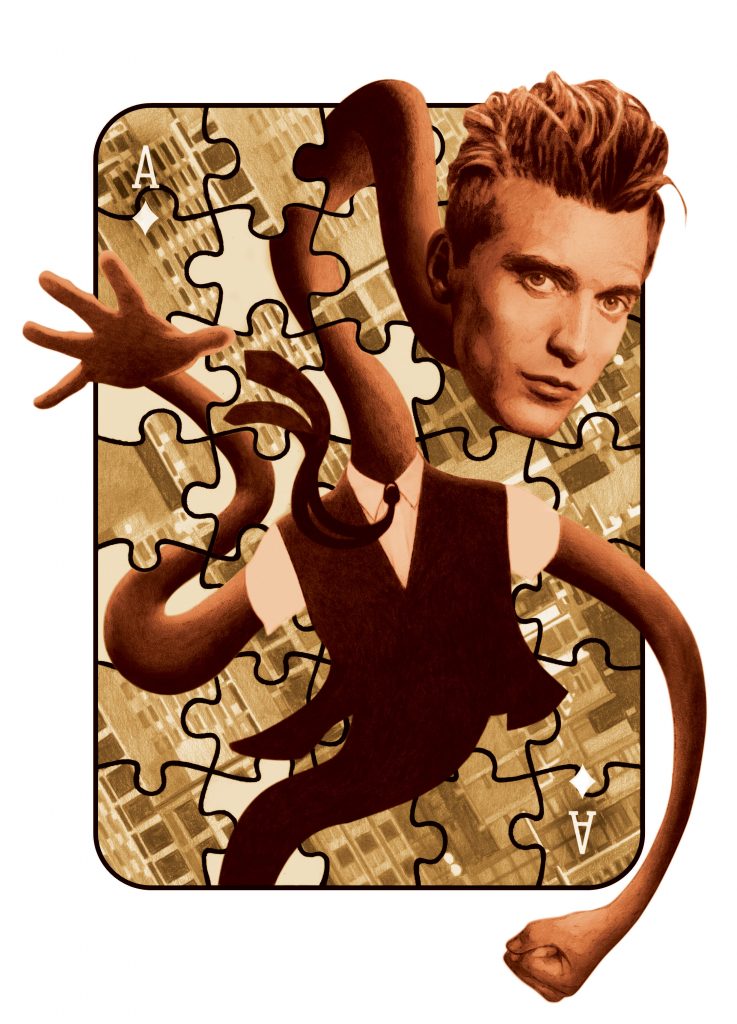
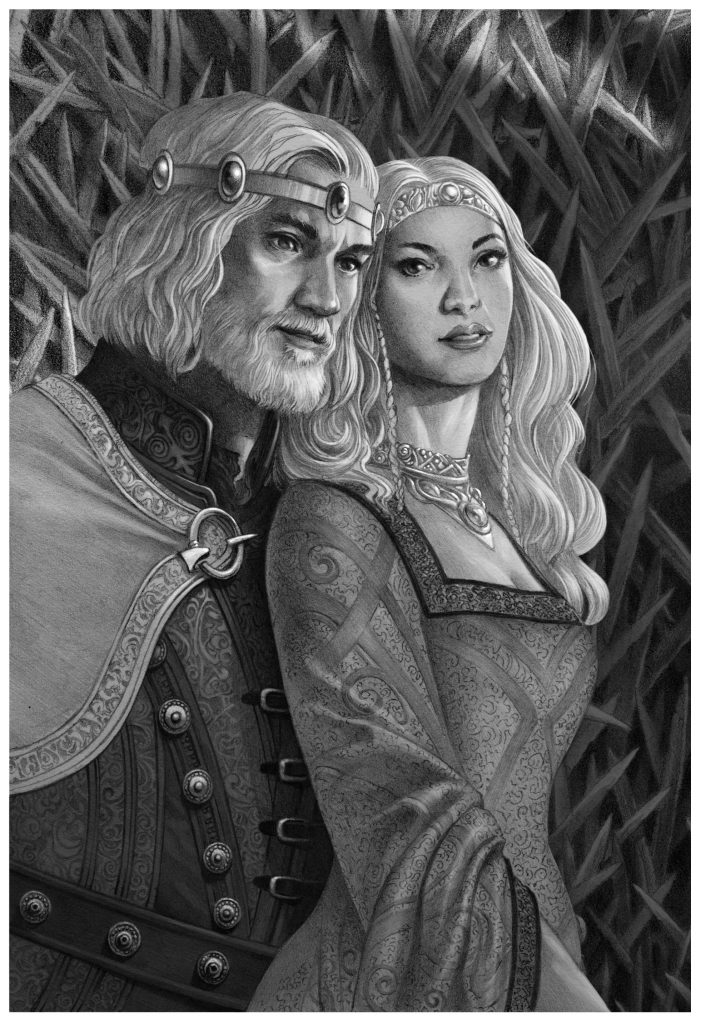
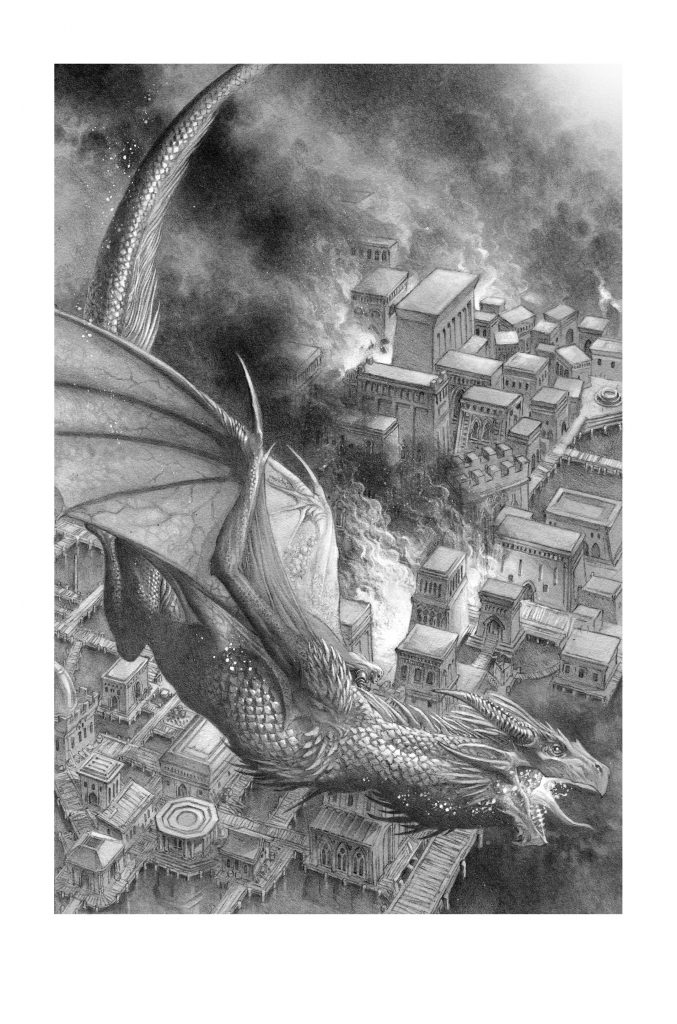
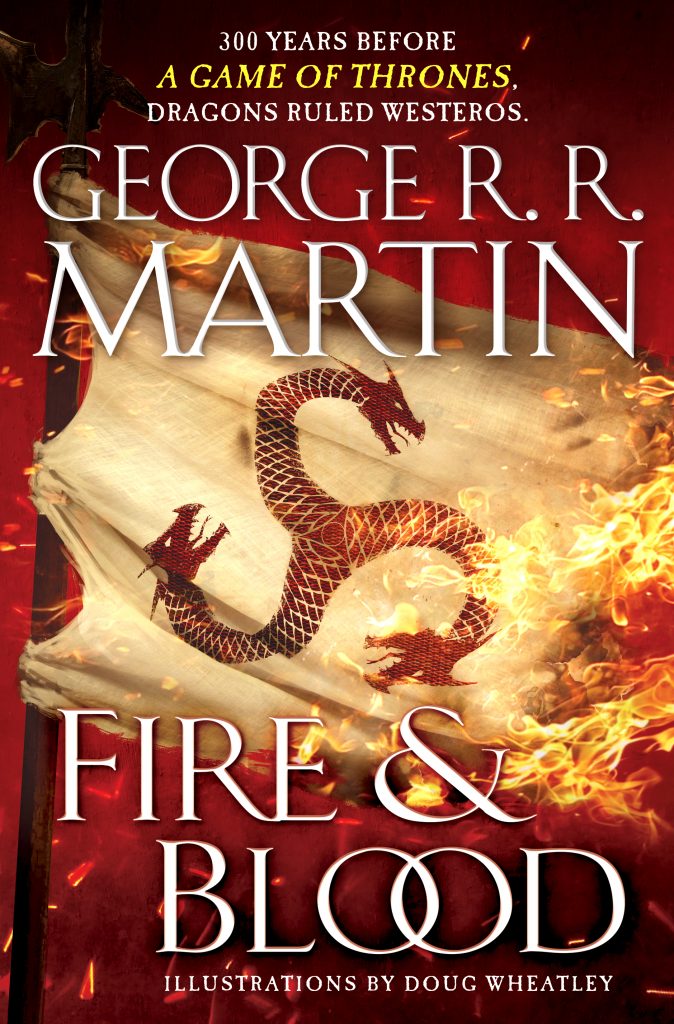
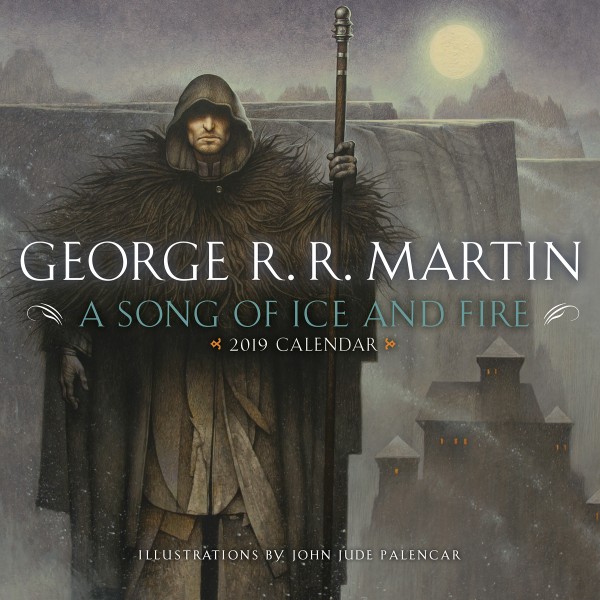
 artistic
artistic



 geeky
geeky
 confused
confused hopeful
hopeful


 busy
busy contemplative
contemplative
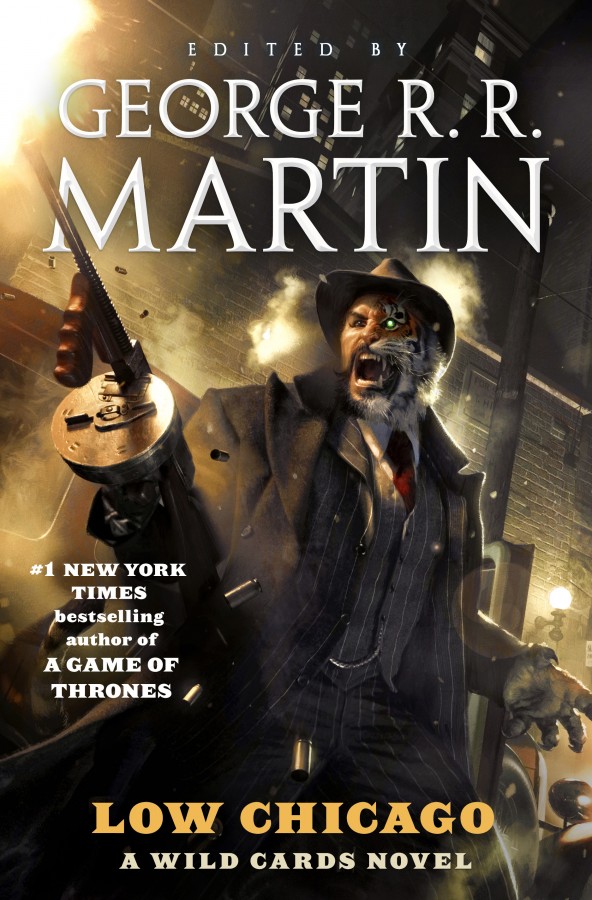


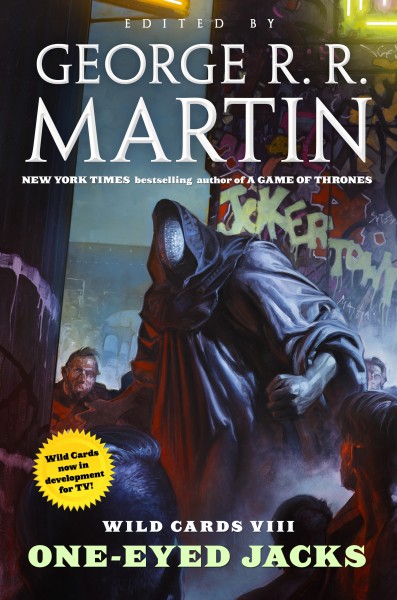
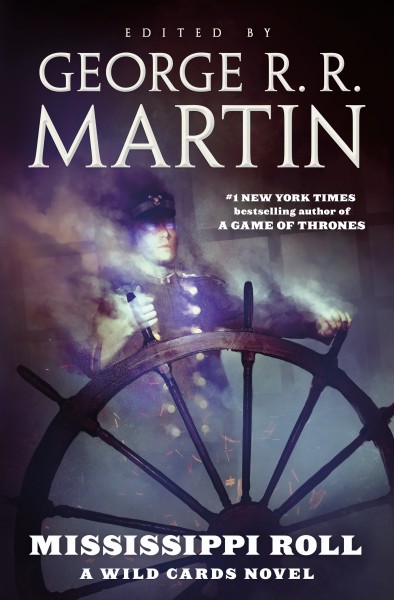
 excited
excited thoughtful
thoughtful

 sad
sad working
working